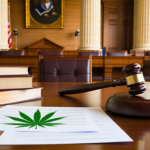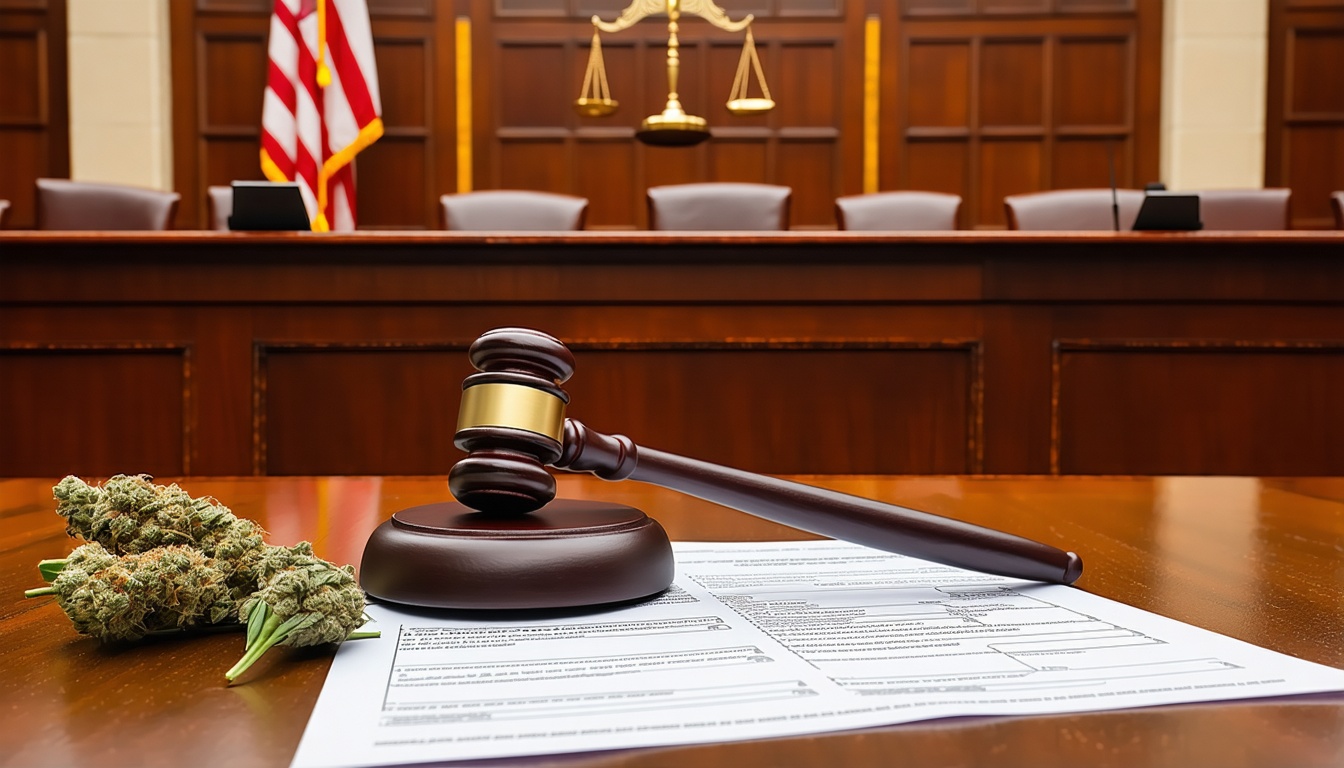Federal Court Rules Ban on Gun Ownership by Marijuana Users Unconstitutional
A federal appeals court has struck down a federal law that prohibits individuals who use marijuana from owning or possessing firearms, ruling that it is unconstitutional. The decision comes in a case involving a Texas woman who was charged with violating the law after she was found to be in possession of a pistol while under the influence of marijuana.
The court’s decision, which was issued on Wednesday, affirms a lower court’s ruling that the law is unconstitutional. The law, which was enacted in 1968, prohibits individuals who use illegal drugs, including marijuana, from owning or possessing firearms. However, the court ruled that the law is overly broad and infringes on the Second Amendment right to bear arms.
The court’s decision is seen as a significant victory for gun rights advocates and marijuana users. It is also a setback for the federal government, which has argued that the law is necessary to ensure public safety.
The case, U.S. v. Connelly, is one of several federal court cases that have challenged the constitutionality of the law. The court’s decision is likely to have implications for other pending cases, including a case involving a group of Florida medical marijuana patients who are seeking to challenge the law.
The court’s decision was written by Judge James Ho, who was appointed to the court by President Donald Trump. Judge Ho wrote that the law is unconstitutional because it is overly broad and infringes on the Second Amendment right to bear arms. He also noted that the law is not supported by any evidence that marijuana use increases the risk of violence or crime.
The court’s decision is the latest in a series of legal challenges to the law. In 2019, a federal court in California ruled that the law is unconstitutional, and in 2020, a federal court in Oklahoma ruled that the law is unconstitutional. The case is now expected to be appealed to the Supreme Court.
The decision is seen as a significant victory for gun rights advocates and marijuana users. It is also a setback for the federal government, which has argued that the law is necessary to ensure public safety.












